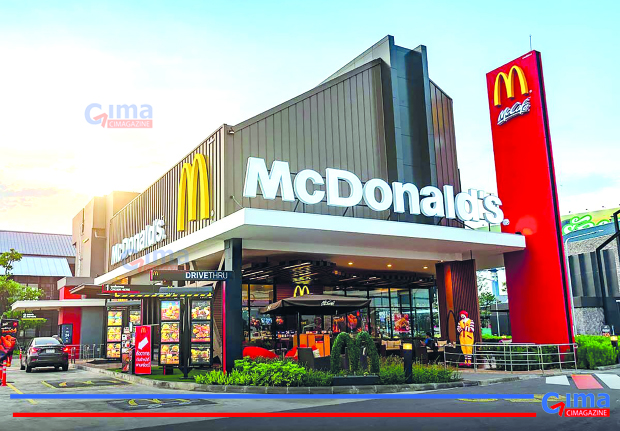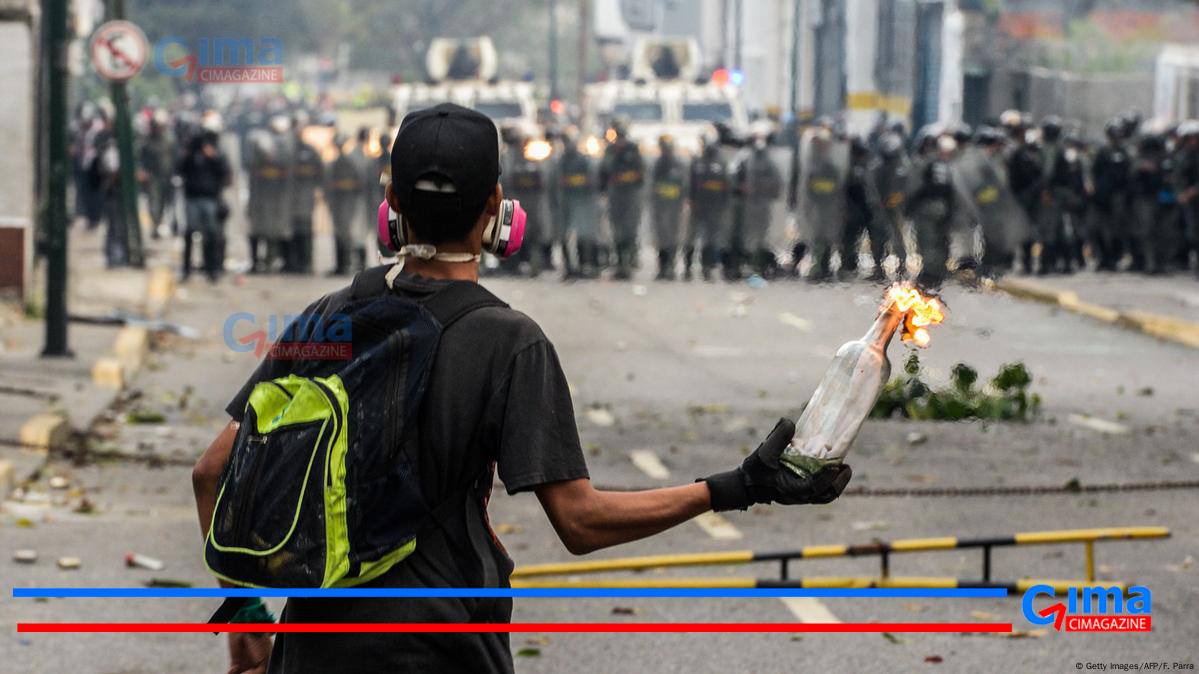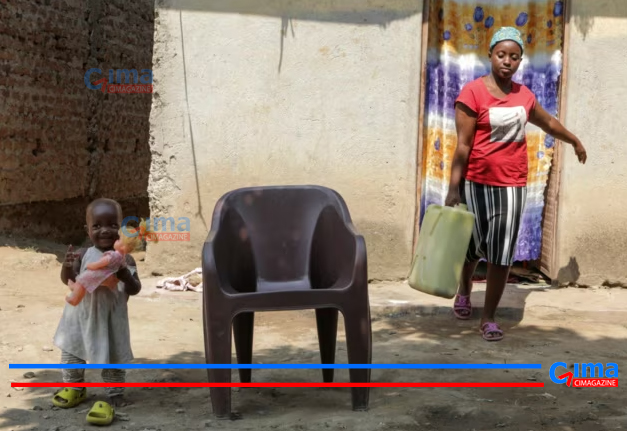Traffic jams have become the daily lot of residents in Matadi Kibala, a suburb of Kinshasa, on the edge of its border with the province of Kongo-Central. These traffic jams, mainly caused by heavy goods vehicles, last for several hours on the national road number 1 (RN1), forcing residents to each find a way to adapt and continue to travel.
Kinshasa: Faced with daily traffic jams, the inhabitants of Matadi-Kibala are giving up


The hottest point is between Matadi-Kibala and the Mitendi district in the commune of Mont Ngafula.
These traffic jams are commonplace, regardless of the time of day. Since no real and lasting solution has come from the public authorities, the resigned residents each come to terms with it in their own way.
One of them explains that when faced with this ordeal, he sometimes spends the night at the home of a relative living in a neighboring district, a little less affected by the traffic jams, to be sure to be on time for his workplace the next morning.
"We have to spend the night at a brother's house who lives in UPN to get to work on time," he says, exasperated.
He is not the only one to have changed his lifestyle to adapt to this traffic difficulty.
Some almost give up and do not work when these traffic jams are too dense. This is particularly the case for taxi drivers.
"When the traffic jams start, I stop working," says a motorcycle taxi driver.
Other residents almost no longer use their cars and make do with motorcycle taxis that still manage to scare their way through this congested traffic.
These adaptation tips are legion.
For users of the Matadi-Kibala-Mitendi road section, the cause of these traffic jams is the presence and circulation of heavy goods vehicles but also the indiscipline of some drivers.
"These confusions are caused by the drivers' lack of understanding. The solution is for the trailer trucks to take another route. And this lane remains for other vehicles," said a taxi driver.
When accused, the drivers of heavy goods vehicles exonerate themselves.
André Tshikoji, one of their representatives, explains:
"It is not a problem of heavy goods vehicles. Traffic jams are everywhere, even where heavy goods vehicles do not arrive."
During the last Council of Ministers, some solutions against traffic jams were discussed. Among them, the presence of traffic police in several intercessions.








